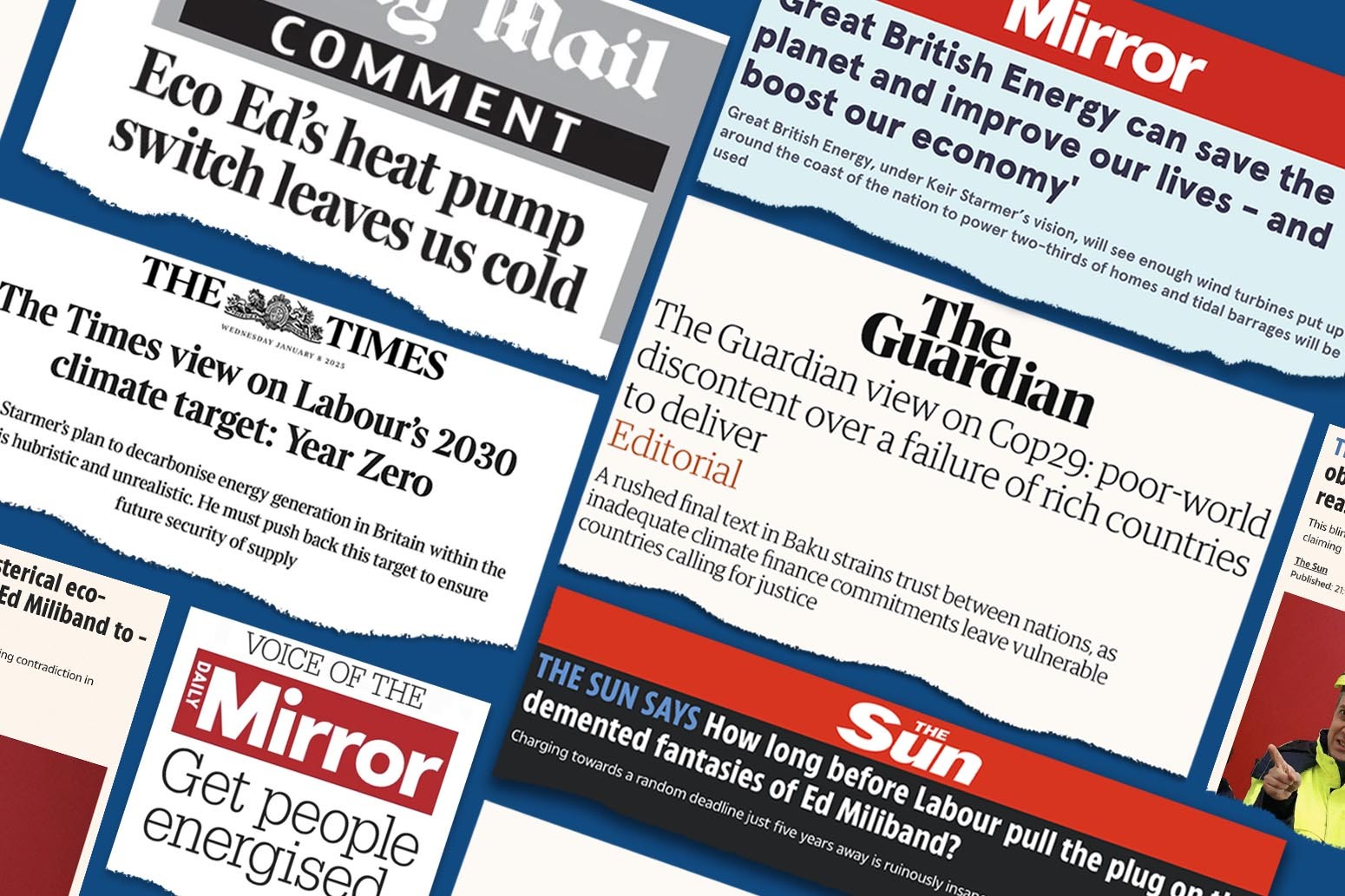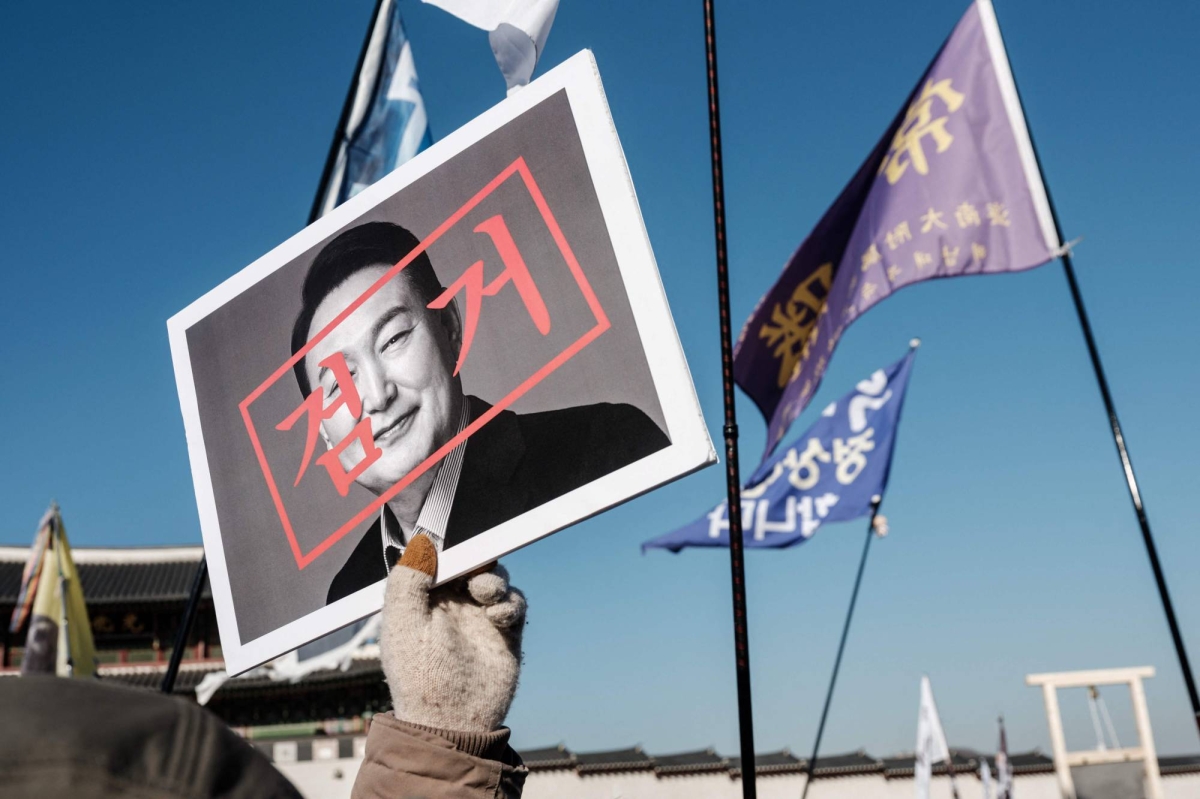
At a global meeting on climate change in Germany, the Pan African Climate Justice Alliance has demanded that the 27th Conference of Parties to the UN Framework Convention on Climate Change (COP27) set for Egypt in November be for once a “true African COP” in its outcomes. The pressure group said the COP27 must not be ‘African’ merely by the fact that it will hold in an Africa soil.
Delivering a moving statement at the Petersberg Climate Dialogue 2022 taking place in Germany which focuses on preparations for the COP27, Dr Augustine Ndjamnshi, Chair, The Technical and Political Committee, PACJA said Africa has previously held COPs that were christened ‘African COP’ but the outcomes were never commensurate with name.
Previous COPs held in the African soil were in Marrakech, Morocco 29 Oct – 10 Nov 2001 (COP 07), Nairobi, Kenya 06 Nov – 17 Nov 2006 (COP 12), Durban, South Africa 28 Nov – 09 Dec 2011 (COP 17), and Marrakech, Morocco 07 Nov – 18 Nov 2016 (COP 22).
“We have therefore baptised the upcoming COP27 as The African People’s COP. This name has carefully been chosen to take into account the aspirations and concerns of the African People,” he said.
By the African People’s COP, Ndjamnshi hopes that in the spirit of Principle 10 of the Rio Declaration, issues of Africa will take center stage and presented to the international community. “Not just the impacts of climate change and energy poverty Africa faces, but also the contribution to solutions,” Ndjamnshi said.
Principle 10 was adopted in 1992 as a part of the Rio Declaration, stating that: “Environmental issues are best handled with participation of all concerned citizens, at the relevant level.
He added that while COPs tend to have long and protracted negotiations, Africa and its people have continued to suffer ever increasing negative impacts on climate change.
The UNFCCC negotiations have lasted three decades but the impacts of the climate crisis, manifested floods, and droughts persist.
“I have in mind the picture my old mother in Cameroon who can no more master the planting seasons and hence can no longer be sure of feeding her grandchildren. I also have in mind the woman from Malawi who has not only lost her house and farmland but also her children to floods; then there is also this pastoralist in eastern Kenya who wakes up every morning to count his animals that have died because of drought. I have in mind these school children from DR Congo that come to school after a day’s heavy rain just to see that their school has been swept aware by floods water”, added Ndjamnshi while painting the picture of dire consequences of the climate emergency African people contend with.
According to a new report by Tearfund titled Dying to Adapt: A comparison of African healthcare spending and climate adaptation costs sub-Saharan African countries are likely to face climate adaptation costs that are up to five times higher than their national spend on healthcare.
Ndjamnshi said PACJA’s vision for COP 27 and beyond is to make sure that COP27 is truly an African People’s COP that takes their priorities forward.
According to PACJA, Africa’s priorities to the COP27 include demands for the African Special needs and circumstances, Adaptation (especially in Agriculture) and resilience building, Loss and Damage, Energy Access for resilience and productive uses and Finance (for adaptation, agriculture (especially small holders and other vulnerable groups) and energy access).
The prospects of initiating groundbreaking, broadly supported decisions ahead of COP27 seem bleaker than ever this year, while new heatwaves are affecting the world. The Russian war of aggression on Ukraine and its global repercussions tie up all attention. The Ukraine war shows how closely energy transition and the huge addiction to Russian gas are connected.
In his video remarks to the Petersberg Dialogue, UN Secretary-General António Guterres warned against slackening ambitions in climate protection: “Greenhouse gas concentrations, sea level rise and ocean heat have broken new records. Half of humanity is in the danger zone from floods, droughts, extreme storms, and wildfires. Yet we continue to feed our fossil fuel addiction”.
Ndjamnshi also hopes that the 13th Petersberg Climate Dialogue will be the ground upon which global leaders will firm up concrete plans of reducing dependencies on fossil fuels and supporting poorer countries in switching to sustainable energy sources to limit global warming to 1.5°C degrees.
Follow News Ghana on Google News





















Discussion about this post